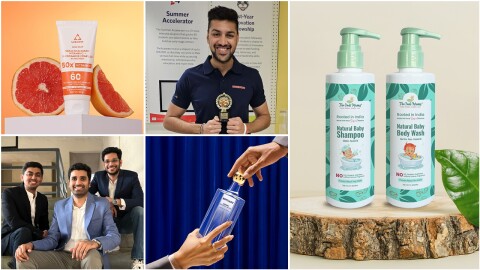Sample this: 30-35% of the total plastic waste generated in Uttarakhand’s Haridwar and Rishikesh finds its way into nearby water bodies, suggests a 2021 study by the International Forum for Environment, Sustainability and Technology. Last year, a divisional bench of the Uttarakhand High Court pulled up the state's civic authorities for failing to take adequate solid waste management measures.
Much like the rest of the country, the Himalayan state of Uttarakhand has been grappling with mounting plastic waste and the resultant ecological degradation. So, 41-year-old Neha Parmar and 36-year-old Soumya Parmar decided to do something about it. The two sisters have watched this disaster unfold from close quarters, as they grew up in Dehradun and Bhimtal (where they still run a mountain retreat) before career pursuits took them to Mumbai, Delhi, and later, overseas. The duo long nurtured the idea of showcasing the best of what their state has to offer to the world, albeit in a sustainable way, Soumya tells About Amazon. As both embraced motherhood, they found it increasingly important to protect their children from the harmful effects of chemicals present in many skin and haircare products.
Himalayan Origins was born in 2020 with Neha (an environmentalist) and Soumya (a digital marketer who has previously worked at Twitter and Zomato) as co-founders. The skin and haircare brand’s USP? Every product is made from ingredients indigenous to Uttarakhand; most of the products are handcrafted. Sourcing is either through an in-house set up or from local farmers. Each product is made available in a form that reduces packaging and packaging-related wastage.
Innovating to reduce plastic waste
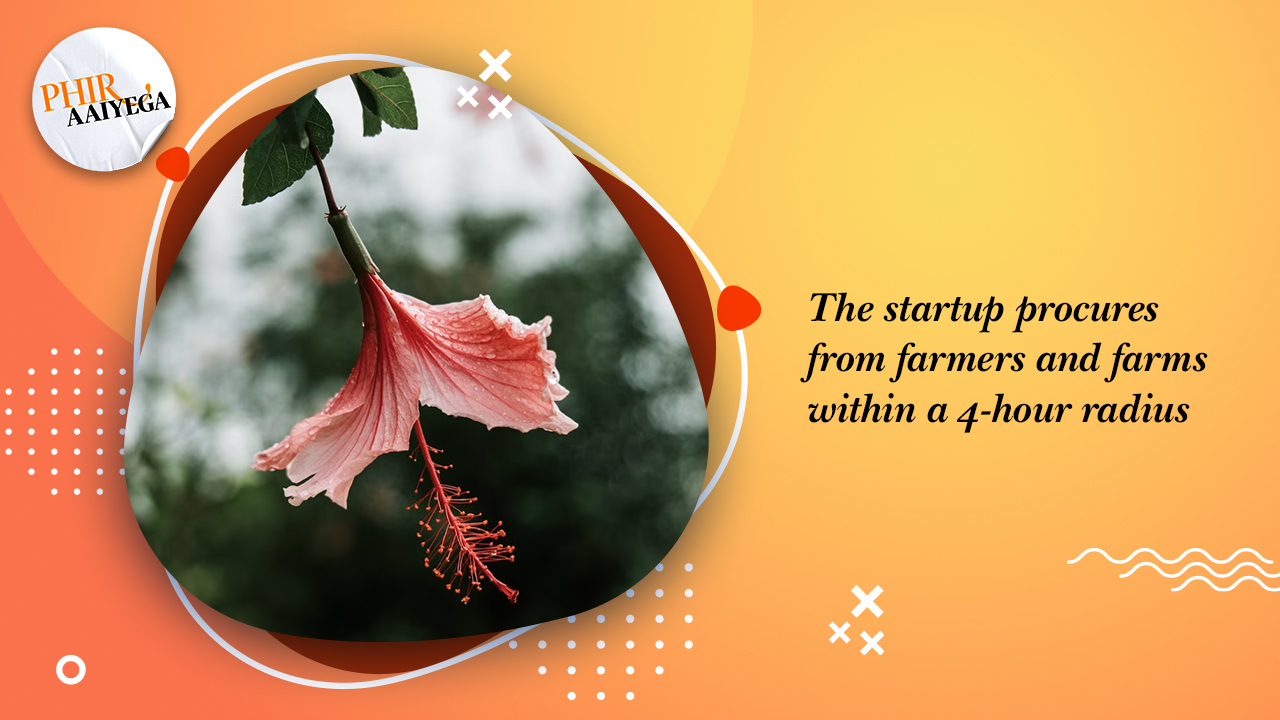
“From day one, we were clear that we must innovate on the form factor to drastically reduce wastage,” says Neha. A 75gm shampoo bar can replace 3-4 bottles of shampoo and pack in atleast 38 washes. Similarly, the team came up with conditioner bars and facewash bars.
We were clear that we must innovate on the form factor to drastically reduce wastage.
Soumya and Neha then turned their attention to packaging. The lion’s share of products available off the shelf use single-use plastic for primary and secondary packaging. “We have never used a single piece of bubble wrap. We’ve never despatched products wrapped in Thermocol. We use newspapers sourced from local traders to ship products,” Soumya says.
When locally sourced ingredients shine
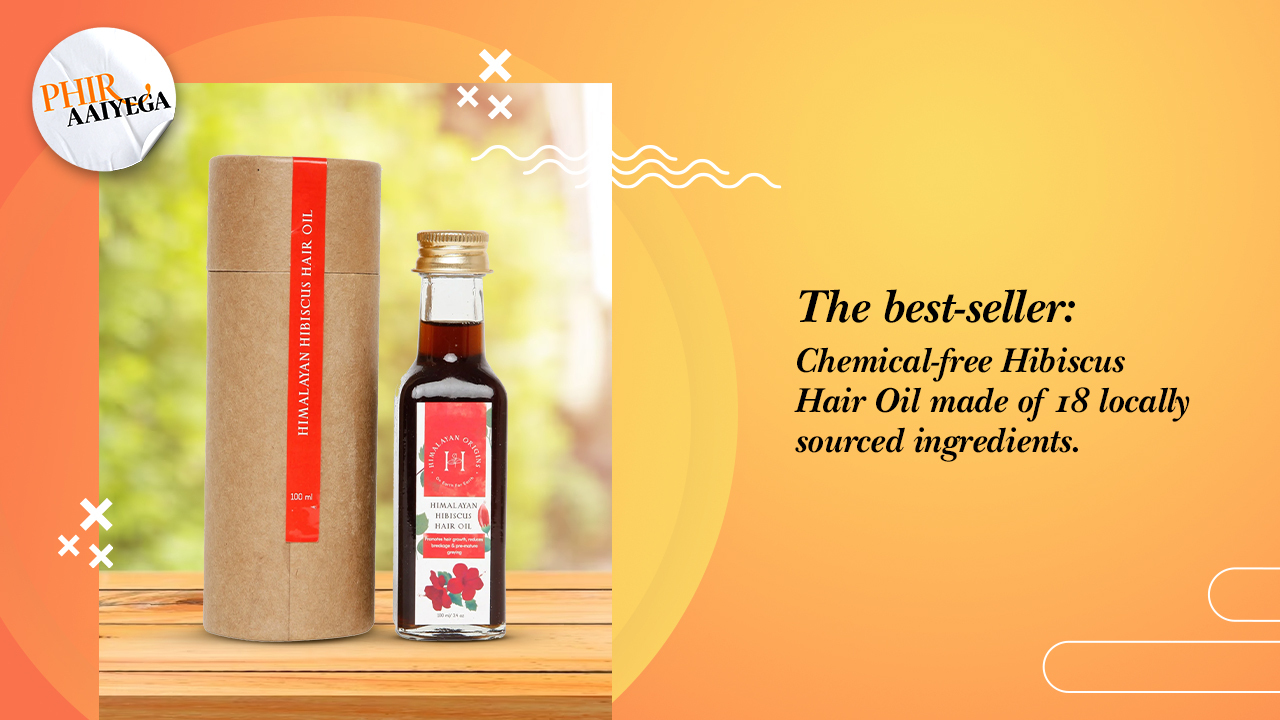
Himalayan Origins’ bestseller is their chemical-free Hibiscus Hair Oil, which consists of 18 ingredients that are either grown in-house or sourced from nearby hills. “Hibiscus is local to Uttarakhand. We can make Hibiscus oil fresh from the mountains and deliver it across cities,” says Soumya. The startup procures from nearby farmers and from farms that are within a 4-hour radius and largely employs locals. Hyperlocal procurement coupled with local consumption can go a long way in reducing carbon footprint, Soumya believes.
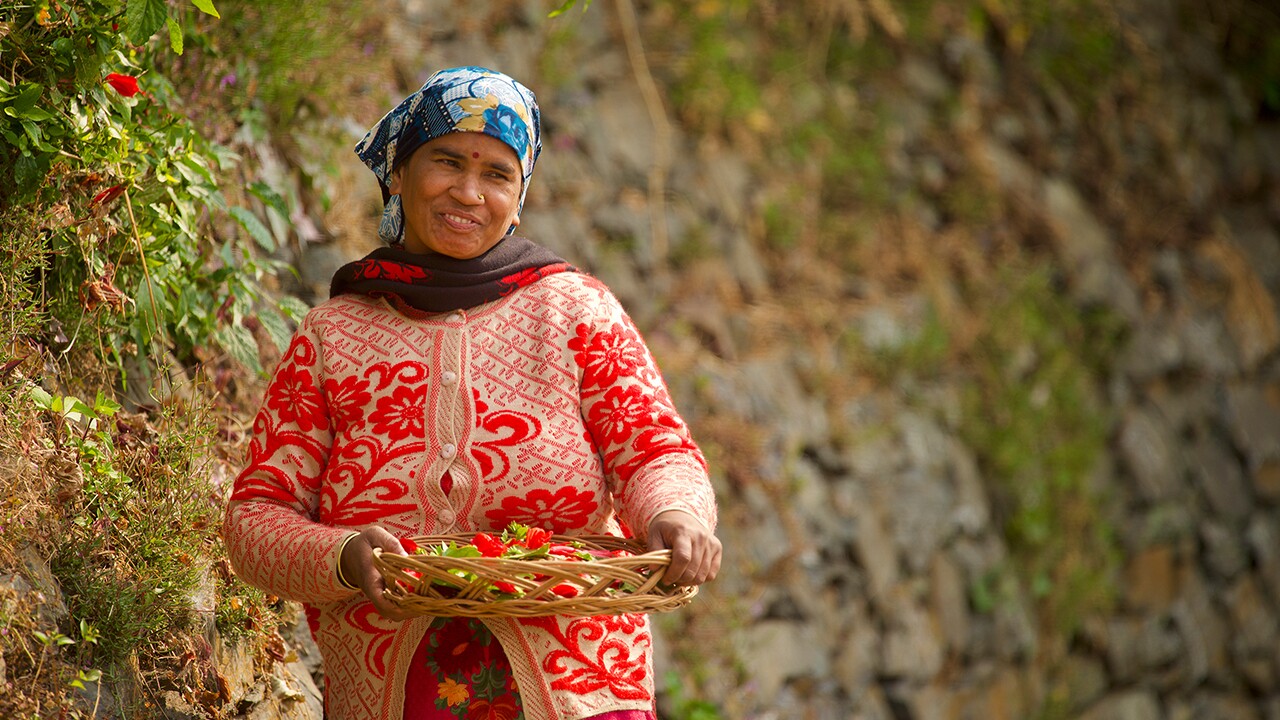
When customer feedback helps you grow
Customer feedback is a gift, especially if you’re a young brand. Sometimes, feedback might sound out-of-place but it helps startups improve their product line. Neha recounts a piece of feedback they received about Kapaas, their soap-free rose face cleanser, on Amazon.in. It read something along the lines of, ‘excellent product, but packaging was not right as the unit received has leaked.’ Says Neha, “Though the feedback sounded harsh, it made us rethink our packaging strategy and we decided to increase the thickness on the bottle that covers the aluminium foil to overcome this problem.”
On the flipside, their much-loved Hibiscus hair oil often gets customer kudos. “Every time somebody posts that they have witnessed lesser hair fall, it makes us proud of what we have formulated,” adds Parmar.
It was a nightmare but for good reasons.
In 2022, Himalayan Origins participated in Prime Day and the Amazon Great Indian Festival for the first time. “It was a nightmare but for good reasons,” says Soumya, adding that the team had to replenish their stocks at midnight given the higher-than-expected demand. Final sales surpassed expectations three times over. Amazon’s Great Indian Festival is one of the most anticipated sales events of the year for both brands as well as small business owners.
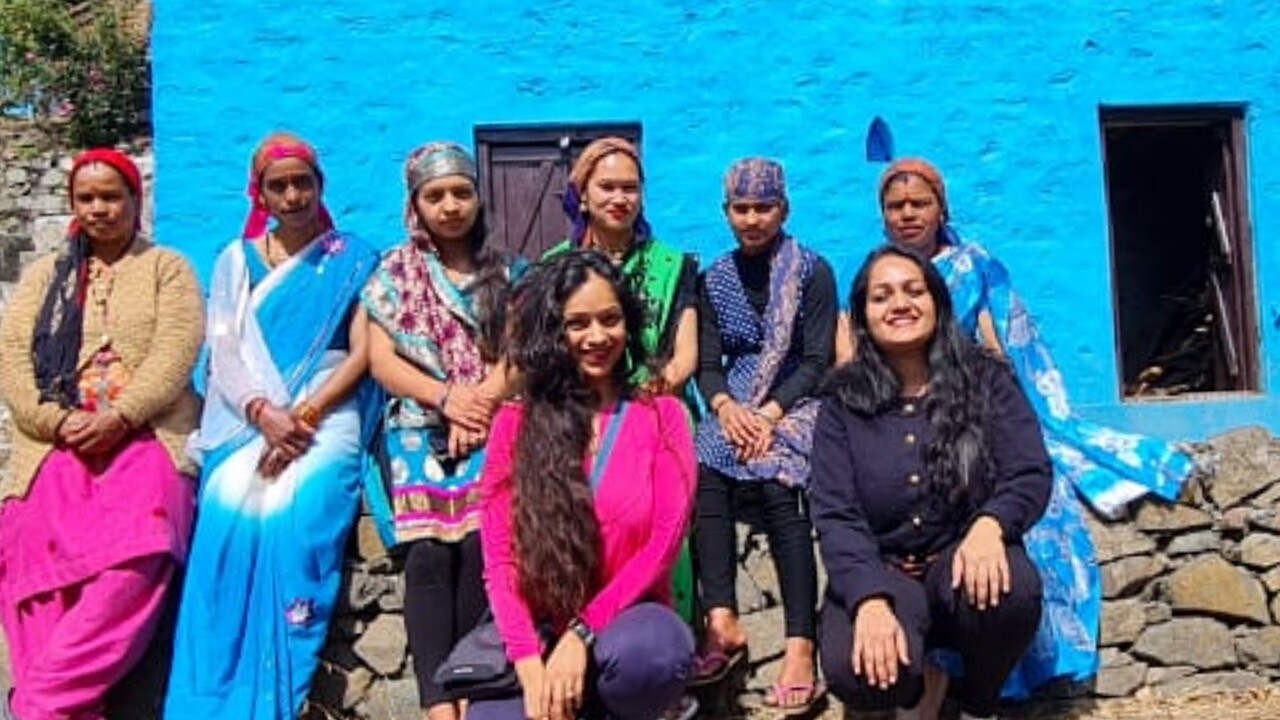
More innovations in the pipeline
Over the next few weeks, Himalayan Origins will unveil its handcrafted soy wax candles on Amazon.in. “We’ve been testing it for the last couple of months and the feedback has been positive,” says Soumya. Another product in the pipeline is rosewood-based combs. “In the coming year, our plan is to add more SKUs in the accessories category. Think of rosewood and bamboo combs instead of plastic ones, bamboo earbuds instead of plastic earbuds, and more,” she adds.
On starting up with a sibling
The Parmar sisters count each as their pillar of strength. “The best part is that you know each other's weaknesses and your strengths, right? And that complements us beautifully,” says Neha. Soumya says it all boils down to the fact that you can trust your sibling blindly, especially when stories of trust deficit among founders are becoming far too common. Occasionally, there can be challenges too. “Sometimes you are too familiar with each other, so there are moments when we clash because you tend to take the other person for granted,” says Neha.








